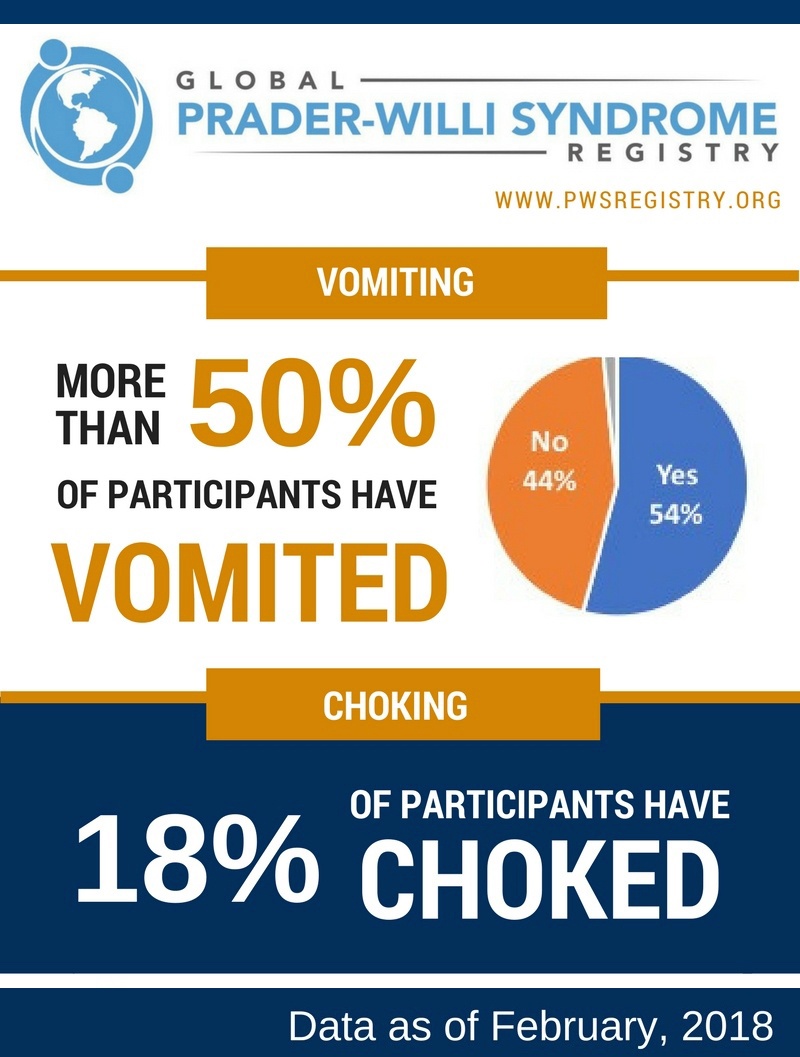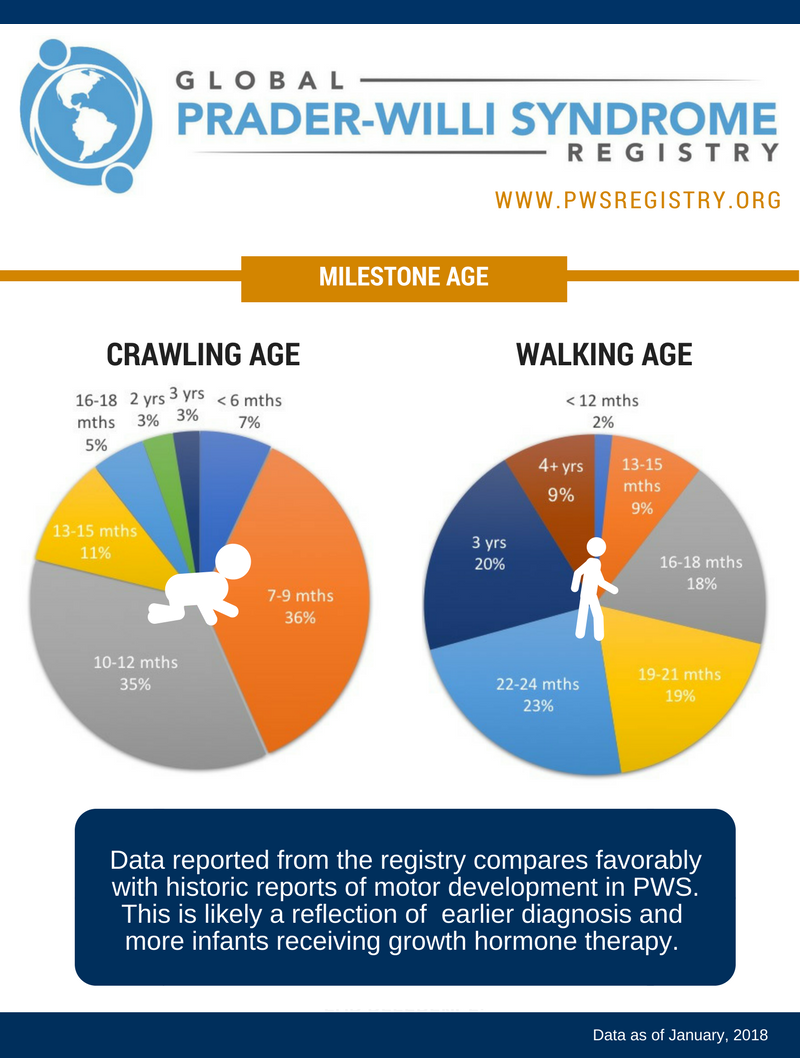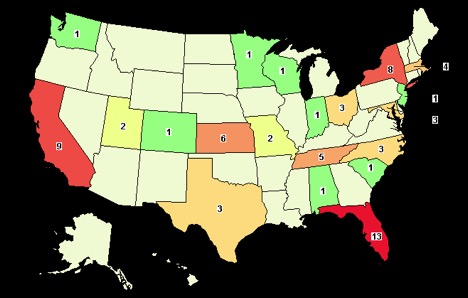Topics: Research
Behavior and mental health issues are important aspects in Prader-Willi syndrome (PWS), impacting many individuals with the syndrome and their families. In particular, one of the most challenging aspects for families to deal with can be symptoms of s...
The inability to vomit has previously been cited as a characteristic of Prader-Willi syndrome. While there is a reduction in vomiting as compared to neuro-typical peers, 54% of participants in the Global PWS Registry have vomited (n=304) indicating t...
Topics: Research
A series of recent discoveries have defined a new pathway for regulating appetite and satiety suggesting that a naturally occurring protein in our bodies could have the potential to be a safe and effective therapy for obesity. This protein, known as ...
Topics: Research
GLWL Research is now recruiting patients for its Phase 2 study to evaluate the efficacy, safety and pharmacokinetics of GLWL-01 in the treatment of patients with Prader-Willi syndrome. The study will compare the effects of GLWL-01 on hyperphagia as c...
Topics: Research
Researchers throughout the world are hard at work trying to identify the biological mechanism(s) that drive hyperphagia (excessive eating) in PWS. One of these scientists is Dr. Alexander Nectow at Princeton Univeristy. Dr. Nectow's group studies a r...
Topics: Research
FPWR–funded researcher Dr. David Godler, of Murdoch Children’s Research Institute and University of Melbourne in Australia, was recently awarded nearly $500,000 AUD from the Turnbull Government’s Medical Research Future Fund (MRFF). The award funds a...
Topics: Research
Since the launch of the Global PWS Registry in 2015, nearly 1,400 participants have enrolled. This month, the registry is highlighting results from the developmental milestones survey. This survey is aimed at understanding the age individuals with PW...
Topics: Research
There are numerous efforts in the healthcare community to increase health care accessibility, education, and support. One of these approaches is “telehealth”, the use of telecommunications methods such as computers and phones to deliver health relate...
Topics: Research
The number of clinical trials for PWS continues to increase at a rapid pace. In 2017, clinicaltrials.gov listed 13 PWS clinical trials, compared with only two trials 10 years ago. With the increase in PWS clinical trials, our community is presented w...
Topics: Research















